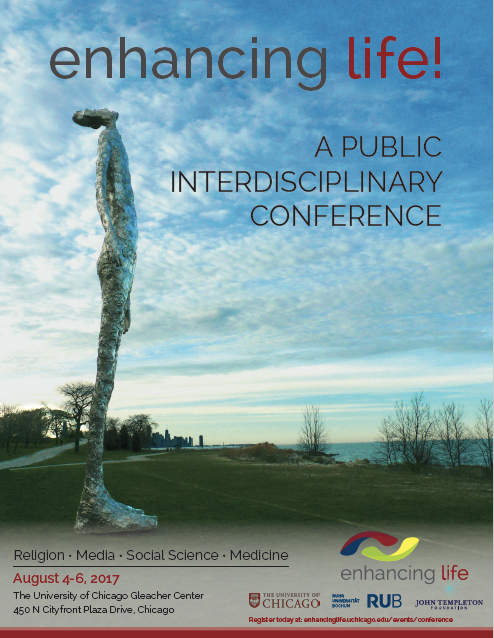The Water Research Initiative of the Institute for Molecular Engineering has added a sixth research project to the original five that received funding last year.
The six projects are for research on new materials and methods to make clean water more accessible and less expensive. These seed projects involve physicists, chemists, geoscientists, environmentalists and molecular engineers working in collaborations involving scientists at the University of Chicago, Argonne National Laboratory and Ben-Gurion University of the Negev in Israel.
“The concept was to focus initially on scientific and technical matters: applying chemistry and nano-materials to issues pertaining to water purification and sustainability,” said Steven Sibener, initiative director and the Carl William Eisendrath Distinguished Service Professor in Chemistry and the James Franck Institute.
Scientists can engineer nano-materials—structures built from ensembles of molecules or atoms on a scale 10 to 50 times larger than that of single molecules—so that they can be “tuned” to meet the demands of a particular task. One such objective is water filtration.
Current filtration methods use membranes to remove salts and minerals from water. “But as a result of human activity, water is contaminated by harmful organic materials and micro-organisms and these are not removed by present membrane technology,” said Moshe Gottlieb, who heads the Ben-Gurion University arm of the initiative.




